Articles containing: anxiety
Talking With Your Kids About the Current Chaos
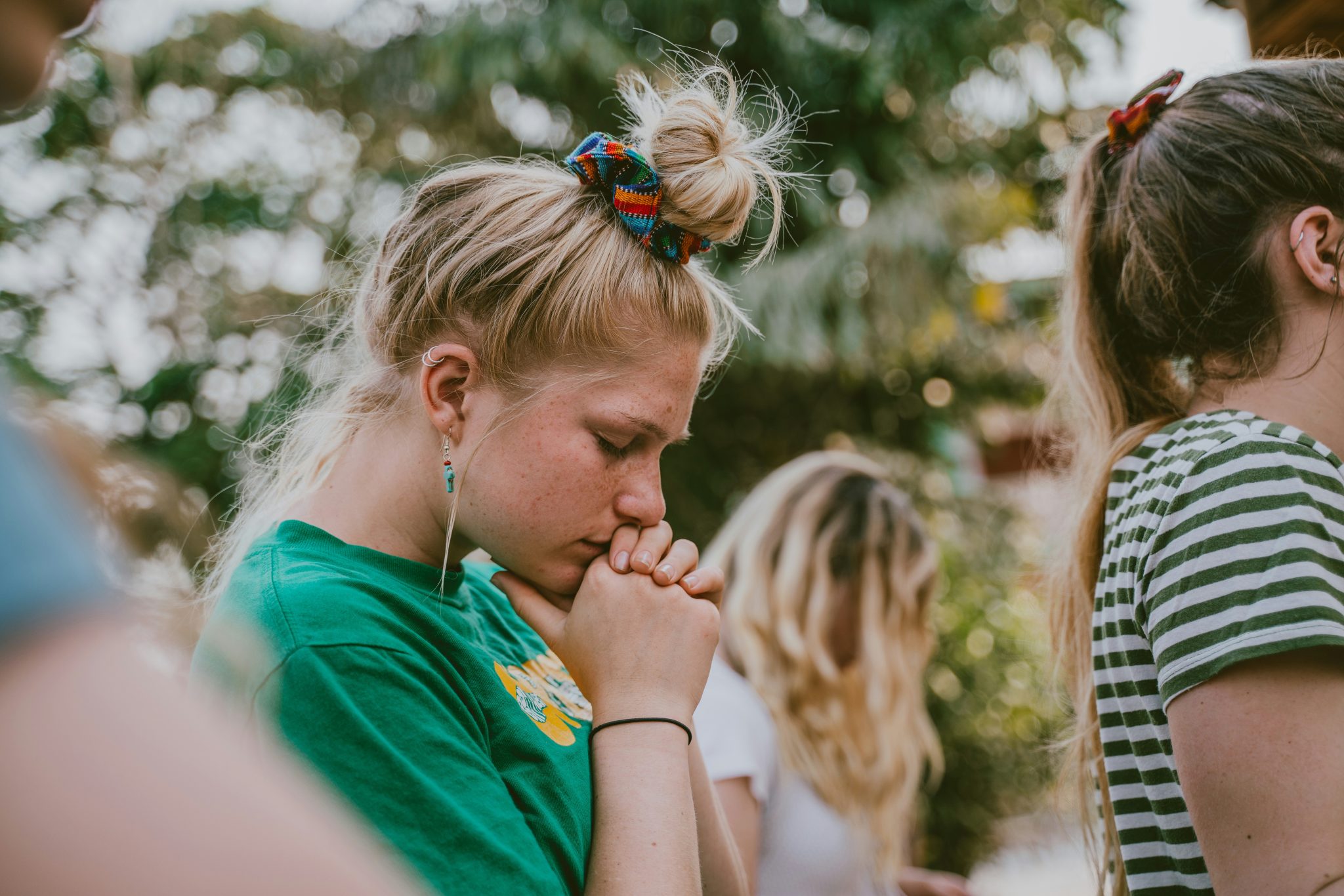
Our kids of all ages are hearing about the current dangers in society on TV, radio, and digital media. They along with parents and caregivers are scared. And for good reason.
Among the present threats include: fears about the economy, access to healthcare, drastic reductions in medical research, war, social outrage, and political unrest.
Addressing Your Family’s Anxieties about the California Wildfires
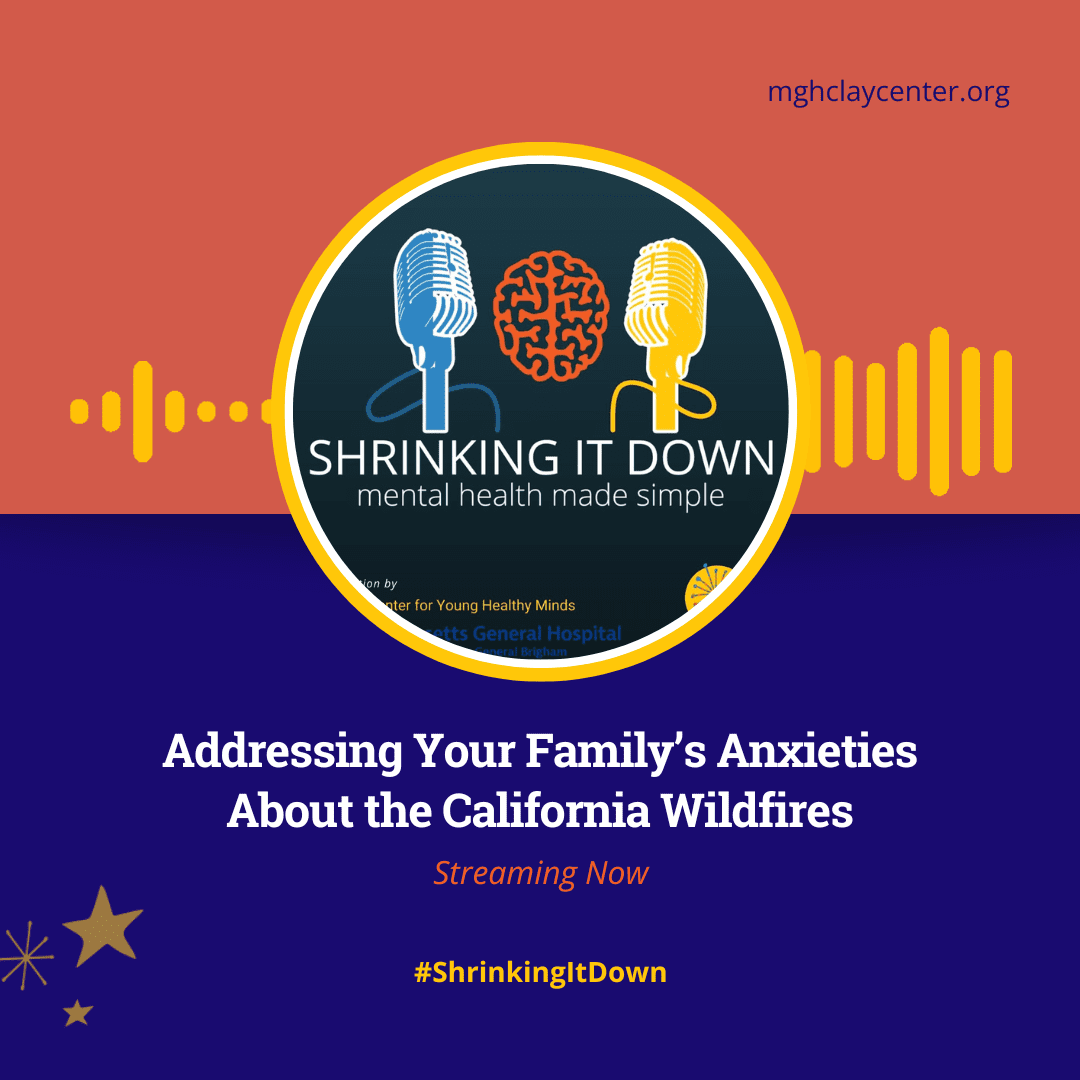
The Palisades Fire has been devastating California since the start of the year, destroying over 23,000 acres and nearly 5,000 structures.
Stories for Children’s Mental Health
Stories Matter, especially when it comes to children’s mental health and wellbeing.
For our season finale, Gene and Khadijah are joined by two special guests from Barefoot Books – book editor Lisa Rosinsky and children’s author Joelle Retener.
How Should We Respond to Anxiety in Our Kids? feat. Kevin Simon, MD
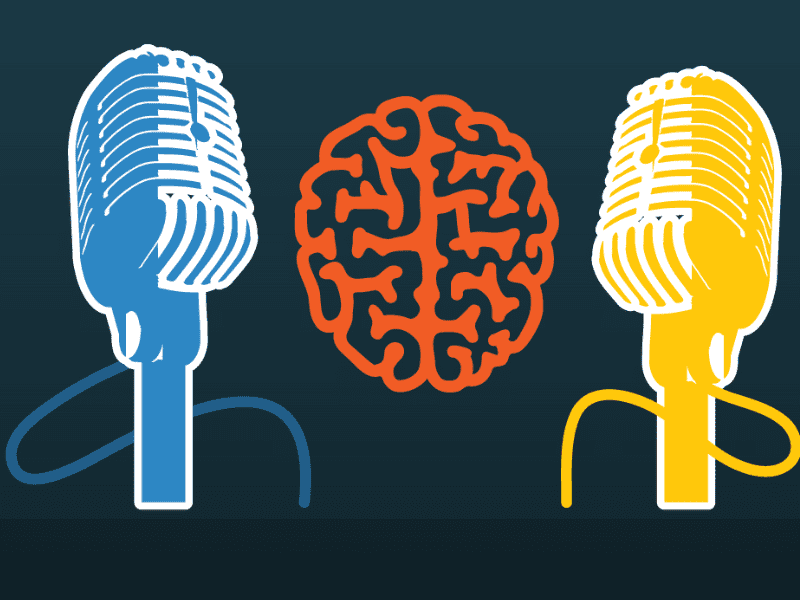
Anxiety. Unhealthy levels are rising in our kids and teens. What can we do to help them? On today’s episode of Shrinking It Down: Mental Health Made Simple, Gene and Khadijah are joined by very special guest Dr. Kevin Simon, the first Chief Behavioral Health Officer for the City of Boston, to help make sense of it all.
Dr.
¿Qué sucede si mi hijo tiene un trastorno obsesivo compulsivo (TOC)?
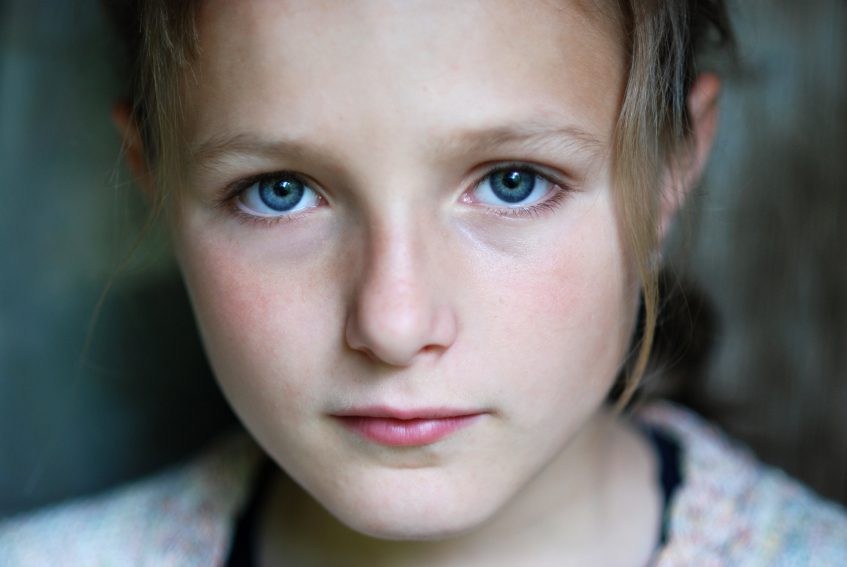
Al escribir este artículo, revisé mi computadora tres veces hoy para asegurarme de haberlo guardado.
What If My Child Has an Anxiety Disorder?
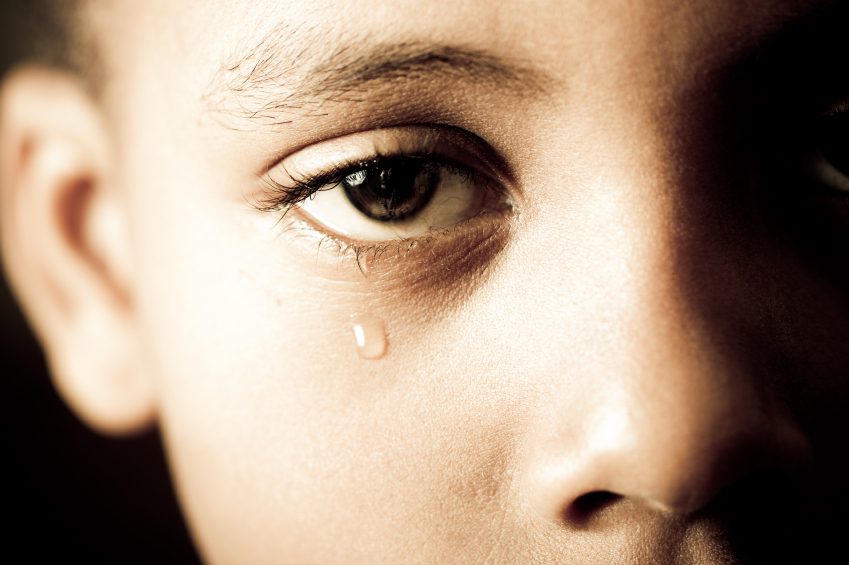
Seth just started driving, and he’s doing pretty well. The written test was a breeze, and on the streets around his house he feels comfortable. He even volunteered to drive his little sister to the mall.
Self-Esteem: How do we build our kids up? – Shrinking It Down
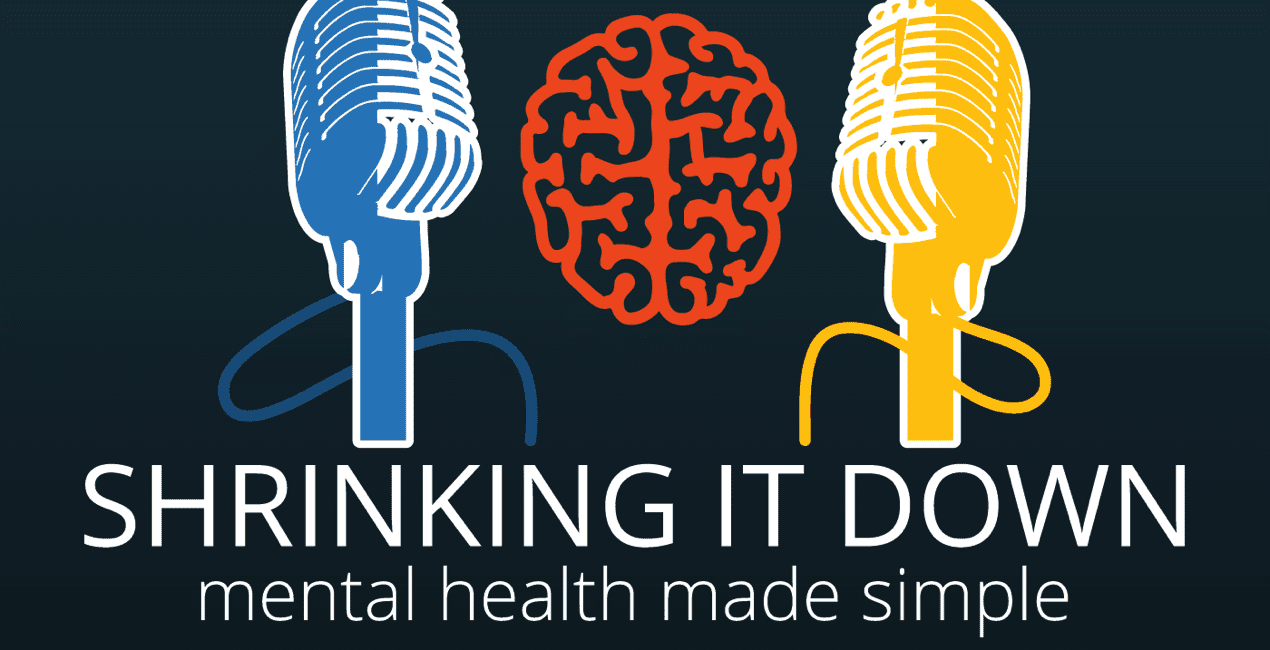
Low self-esteem gets all of us down at one point or another. For kids, the goal is to help build them back up. Lots of things can lower our kids’ self-esteem like body image, cyberbullying, adverse childhood experiences (ACEs), and surprisingly, guilt (along with lots of other things!).
Low Self-Esteem: Where Does It Come From and What Can Adults Do to Help?

You can also listen to more about self-esteem below, or ‘Shrinking It Down’ wherever you get your podcasts.
Download our PDF on Low Self-Esteem
Let’s consider two adolescent scenarios.
Mental Health Challenges and Latinx Children & Teens, featuring Angel Caraballo, MD – Shrinking It Down
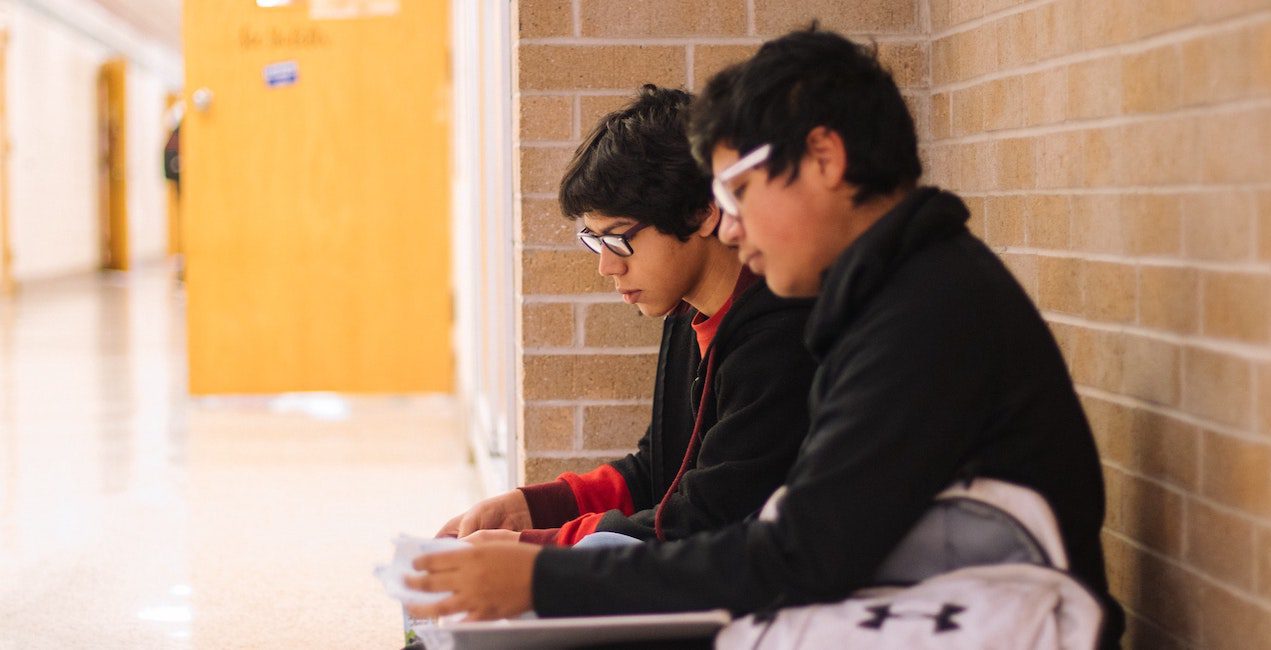
Over the past year, the Clay Center has worked to support even more young people by translating our free, online resources for Spanish-speaking parents and caregivers.
The Power of Community Health During COVID-19: A Look at Chelsea, Massachusetts, featuring Mary Lyons-Hunter, PsyD – Shrinking It Down
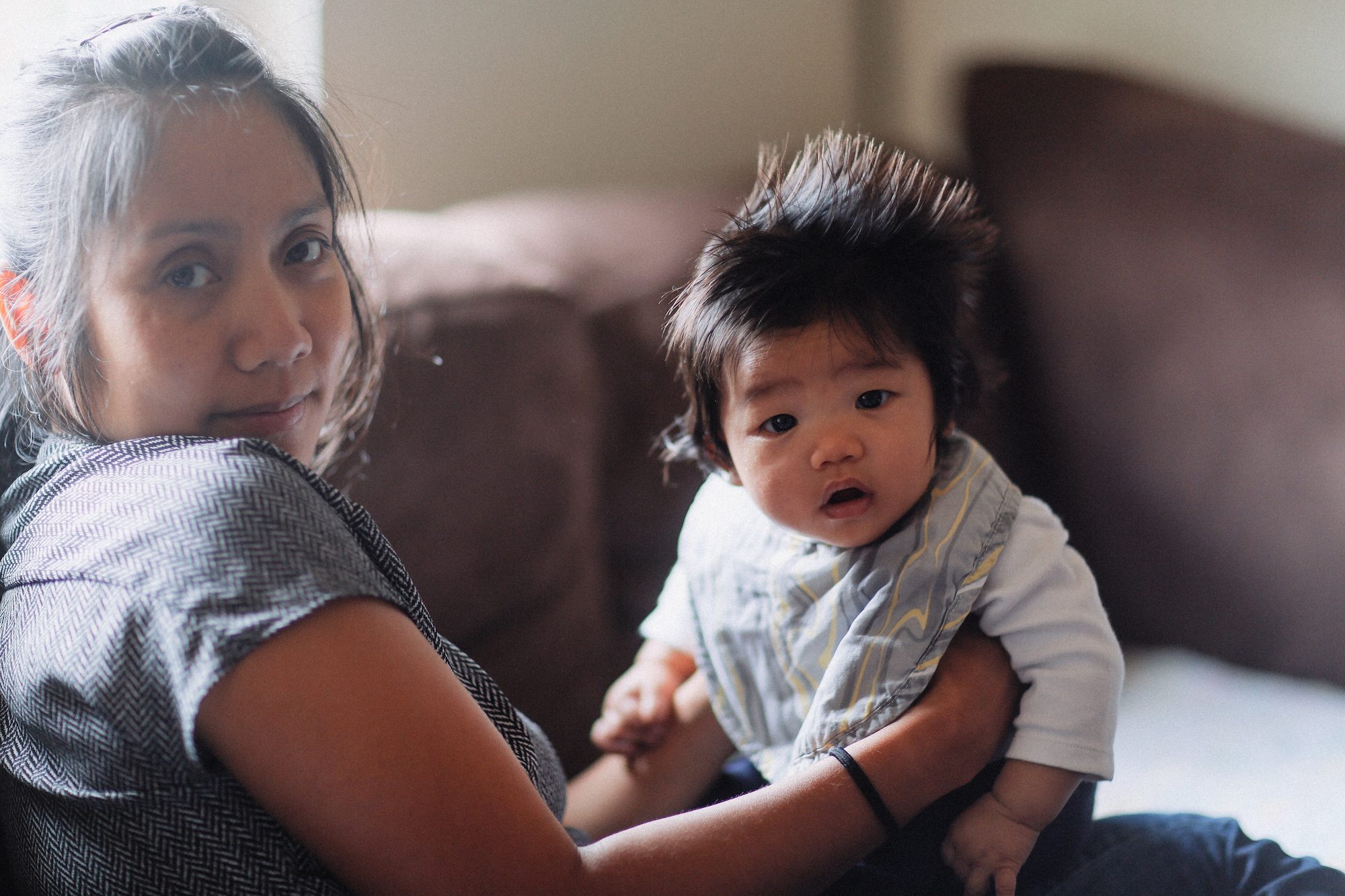
Since the pandemic, mental health concerns have risen across the country.



